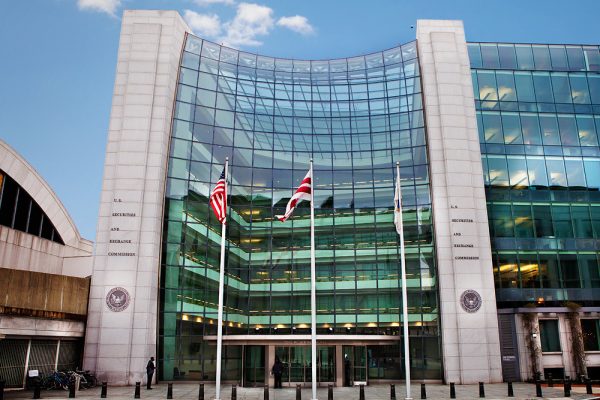Letters to the Regulators: AFREF and CRL submit comment demonstrating structural racism roots of racial disparities in medical debt
Americans for Financial Reform Education Fund and the Center for Responsible Lending support the rule to prohibit creditors and consumer reporting agencies from using medical debt information for credit eligibility determinations. The rule is essential to protect families from the negative impacts of medical debt on their health and their finances. But the rule is especially important to protect Black, Latine, and other people of color who are more likely to have medical debt burdens.










